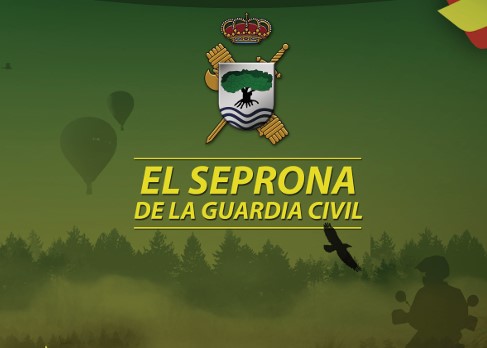On June 21, 1988, Spain set a groundbreaking signal for global environmental protection. With the establishment of the Servicio de Protección de la Naturaleza (Seprona), the Guardia Civil created the world’s first specialized police unit exclusively dedicated to the protection of the environment, natural resources, and wildlife. This innovative institution now celebrates its 36th anniversary as an internationally recognized role model.
Seprona’s Role: Guardian of Nature
Seprona’s primary task is the consistent detection, documentation, and reporting of environmental law violations. Its broad scope of duties includes combating poaching, illegal waste disposal, construction sector violations, and the illegal trade in protected animal species. At the time of its founding, Seprona was unique – no other country had such a specialized police unit.
However, the Guardia Civil’s commitment to the environment historically dates back much further. As early as 1876, it was entrusted with the protection of public forests – an early mission that Seprona later systematically expanded and professionalized. This demonstrates the deep-rooted tradition of environmental protection within Spain’s security forces.
Organization and Modern Investigation Methods
Today, Seprona monitors over 2,000 environmental regulations and operates on several levels. Specialized regional groups conduct complex investigations, while local patrols carry out controls in both rural areas and urban centers.
In addition to classic police methods, the unit increasingly relies on state-of-the-art technologies such as drone technology, advanced laboratory analyses, and digital data analysis. These methods enable more effective and precise prosecution of environmental crimes.
Operational Focus Malaga: Challenges in a Sensitive Region
Seprona is particularly active in the province of Malaga. The unique mix of coastal zones, natural parks, and increasing urbanization pressure presents investigators with diverse challenges here. In 2024, an impressive 1,573 environmental violations were registered in the province of Malaga.
A key focus is on combating illegal construction in protected areas, for example, through unauthorized holiday homes or roads. In addition, there are numerous cases of animal cruelty and unauthorized animal breeding. Companies also regularly come under scrutiny if they violate environmental regulations, such as through illegal wastewater discharge or inadequate disposal systems.
One of the latest success stories is the interregional “Operation Namib,” in which Seprona dismantled an international network for smuggling exotic animal species. As part of this operation, searches were also carried out in Malaga, leading to the seizure of numerous protected bird species, including parrots.
A Model for the World: Seprona’s International Influence
Spain’s Seprona has long established itself as a role model for many other countries. After its founding, numerous states followed with their own models for environmental and animal protection. For example, while initial investigation groups with environmental expertise emerged in Germany in the 1990s, there is still no nationwide unified environmental police. Responsibilities there remain distributed among the federal states and various authorities, which further underscores Seprona’s pioneering role.
Seprona has received multiple awards for its outstanding work, including the prestigious WWF Honorary Award “Panda de Oro” (2011) and the Interpol Award “Naturaleza sin Fronteras” (2018). These awards recognize Seprona’s tireless efforts and successes in the fight for global nature conservation.




